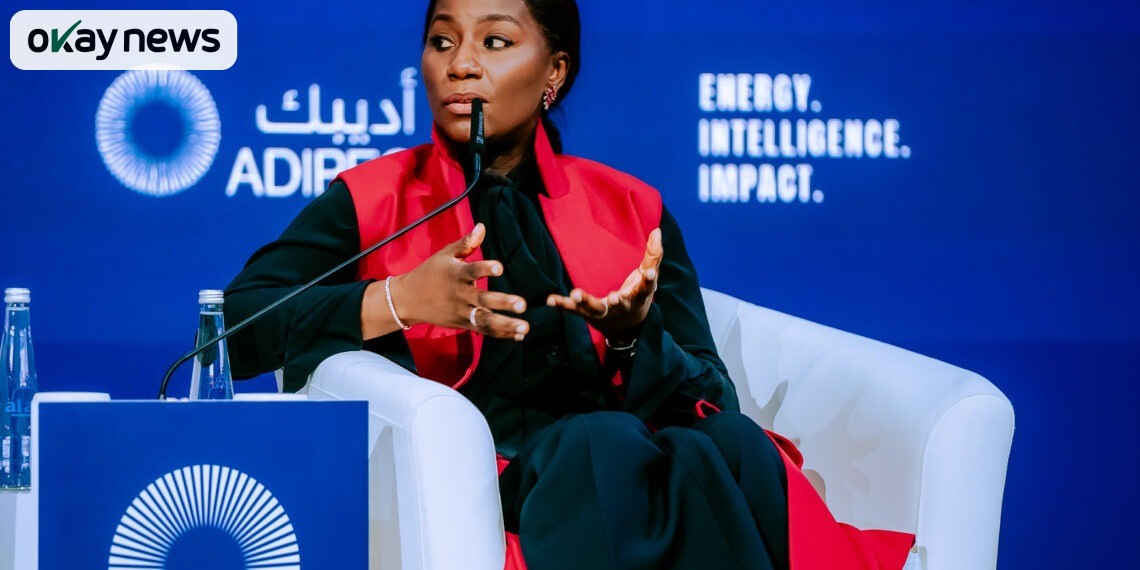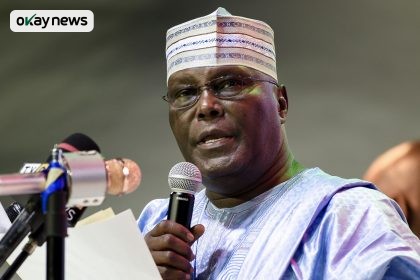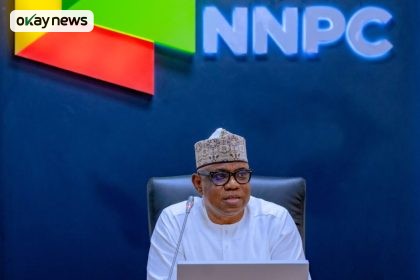The Federal Government is considering selling Nigeria’s four state-owned refineries as part of broader reforms to attract private investment, boost competition, and improve efficiency in the downstream oil sector.
The move, if executed, would mark a significant shift in policy and potentially challenge the dominance of the 650,000 bpd Dangote Refinery.
Special Adviser to President Bola Tinubu on Energy, Olu Verheijen, disclosed the plan during an interview at the 2025 ADIPEC conference in Abu Dhabi. She said the government is open to divesting the Nigerian National Petroleum Company Limited’s (NNPCL) refineries in Port Harcourt, Warri, and Kaduna—provided the right technical partners with sufficient capital are found.
“These plants have been sustained by subsidies for years. Now that we’ve removed those distortions, we’re exploring commercial options,” Verheijen said.
Despite a combined installed capacity of 445,000 barrels per day, the refineries have remained largely inactive for decades, despite billions spent on turnaround maintenance. The Tinubu administration’s reform agenda aims to restore transparency and market-driven operations in the petroleum sector.
NNPCL, meanwhile, confirmed it is actively seeking equity partners to manage and operate the refineries to international standards. CEO Bayo Ojulari expressed optimism about reviving the facilities and hinted at a future initial public offering (IPO) for NNPCL as part of its long-term strategy.
Any potential buyers would face stiff competition from the Dangote Refinery, which already produces more fuel than Nigeria consumes and has announced plans to double its capacity.
Although NNPCL had ruled out selling the Port Harcourt Refining Company as recently as June, the plant has remained idle since May 24, 2025, following a scheduled 30-day shutdown that has now stretched beyond 80 days without visible progress.







